Written by Guest Contributor on The Prepper Journal.
Editors Note: Another guest contribution from Gemma to The Prepper Journal. As always, if you have information for Preppers that you would like to share and be entered into the Prepper Writing Contest with a chance to win one of three Amazon Gift Cards with the top prize being a $300 card to purchase your own prepping supplies, then enter today!
Hopefully, you never end up stranded in the wilderness, but it does happen, and if it does you need to know how to survive even in the harshest and cruelest conditions. There are a few basics that you need to live, and those are water, shelter, and food.
With these three things, you should be fine until help comes (or you find it), but a surprisingly large number of people don’t actually know how to live if they end up in a tricky situation. There are five key skills that every man and woman who is off hiking or camping should know, and this guide will take you through each of them.
Build a Fire
You need to be warm, especially when the cold nights hit, but fire also helps keep unwanted campsite guests away, so it can help to keep you safe too. Hypothermia is a real risk in the wild, and if your clothes are wet, then it is even more dangerous. Being able to build and light a fire (without a lighter) is a skill that you desperately need.
Make sure that the wood you collect is dry and thin to start with, as this will help the fire to grow. You can add thicker dry wood on later, but the kindling needs to be nice and slim. You can also use some dry grass and other soft material, as this is what is called a kindling nest.
Next, you can grab two sticks that are fairly strong. Create a notch in one of the sticks, place them together in the kindling nest, and rub them. The friction causes heat, which will the cause sparks. You can also use two sharp rocks and hit them together to create sparks if they are available.
Foraging
While it is true that people can live for weeks without food, it is still important to know how to gather your own out in the wild. You should spend some time learning about various berries and mushrooms so that you are able to determine which are safe to eat and which are poisonous in the wild as this is a great way to get prepared in advance.
Berries and green plants have very few calories in them, whereas fish and game have much more. Trapmaking for things like small animals might become necessary if you are stuck for some time, and it is possible to fish successfully by fashioning a spear from a long stick. If you are stranded in the wild, you will likely need more calories than normal to sustain your weight, and so berries and greens may not be enough.
You need to make sure you know what you are doing, so before you head out on any camping or hiking trip, you should do your homework and make sure that you have thoroughly researched everything. After all, you don’t want to end up stuck, starving, or possibly poisoned.
Finding and Purifying Water
Unlike food, you need water, and you can only survive for three days without it. Your body is 70% water, and it is the key component when it comes to how your body works. Without it, you cannot function. If your body’s water percentage becomes less than it should be, you will start to become dehydrated, and this is a process that can happen very quickly. Here are the symptoms of dehydration for you to keep behind your ear when you are out in the wild:
- feeling thirsty (the first and most commonly ignored symptom)
- mild headache
- reduced urinary output
- lethargy
- the inability to perspire or produce tears
- nausea
- rapid heart rate
- tingling of the skin
- high body temperatures
- hallucinations
- heat exhaustion
- and eventually death
Finding and purifying water literally is the difference between life and death, and this is how you get it done. If you find a spring or stream that is away from mankind and pollution, take the opportunity to fill up your water bottles while you can, and if you are concerned, you can boil the water before drinking to purify it.
In cold weather, you can collect snow, but should never eat the snow as it will lower your body temperature. Instead, collect and boil it for later consumption. You can sometimes find clean water underground as well, especially in dry riverbeds. If you are able to dig down, you can hit underground streams that provide you with clean, fresh, and untouched water to drink.
Never drink sea water or salt water of any kind as this will severely dehydrate you due to the amount of salt in it, and this also goes for sea snow and ice as well. You can boil it to remove the salt, but this should only be used as a last resort.
Navigation
Being lost can be a pretty terrifying experience, but it doesn’t have to be the end of the world. Electronic GPS can fail, and so you should learn how to use a compass before you head out on any kind of adventure. Map reading is good too, but the compass is more robust and not damaged by adverse weather conditions. It’s an underrated survival skill that many seem to have forgotten about, and it is something we certainly take for granted. Learn the skill, you won’t regret it.
Building Shelter
You need to know how to keep out of the elements when you are stuck in the wild, and building shelter is the best way to achieve this. After all, there are plenty of weather conditions that we were not built to survive outside in such as:
- freezing temperatures
- sweltering heat
- high winds
- deep snow
- driving sleet
- heavy rains
Before you leave on your trip, you must learn about the area you are visiting and the kind of plant life that lives there. That way, you know the kind of debris that is going to be available for you to use. The most classic form of shelter is the spider shelter, and this is made by placing rows of thick sticks in an upright triangle and placing foliage all over it to create a seal.
Through this, you keep out of the wind and rain, and are also able to retain some warmth. It is also advisable to use foliage to keep yourself warm at night in cold conditions. Shelter is the thing you need to build first, and it is important that you learn how to build it effectively.
In Conclusion: There are plenty of survival skills that can benefit you in the wild, but these are the best and most important ones for your next trip. Hopefully, it has given you some insight and a better understanding of what you need to know in order to live. Always remember that shelter, food, and water come before anything else, read up on your survival knowledge, and you should be fine until help comes.
About the Author: Gemma Tyler is a freelance writer and blogger. You can keep up to date by following Gemma on Twitter, Facebook & Pinterest.

Follow The Prepper Journal on Facebook!
The post Outdoor Skills for All to Master appeared first on The Prepper Journal.
from The Prepper Journal
Don't forget to visit the store and pick up some gear at The COR Outfitters. How prepared are you for emergencies?
#SurvivalFirestarter #SurvivalBugOutBackpack #PrepperSurvivalPack #SHTFGear #SHTFBag

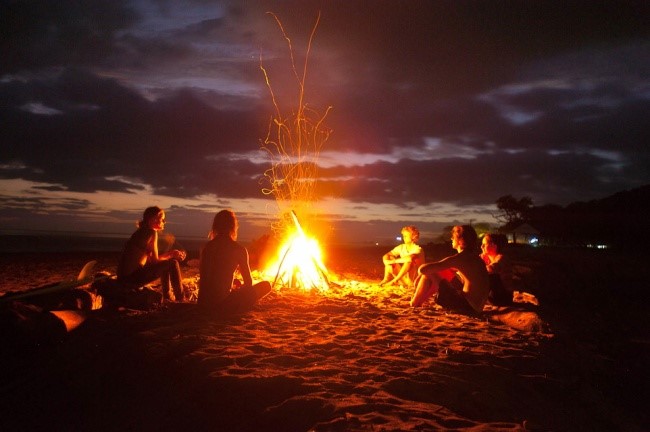
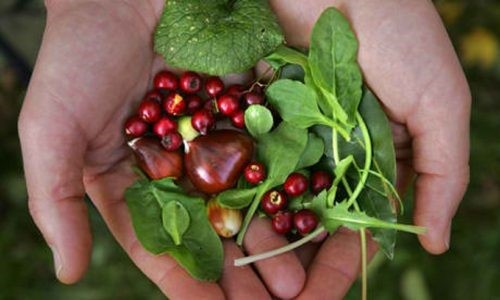
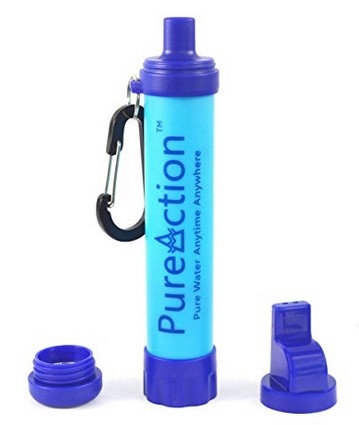
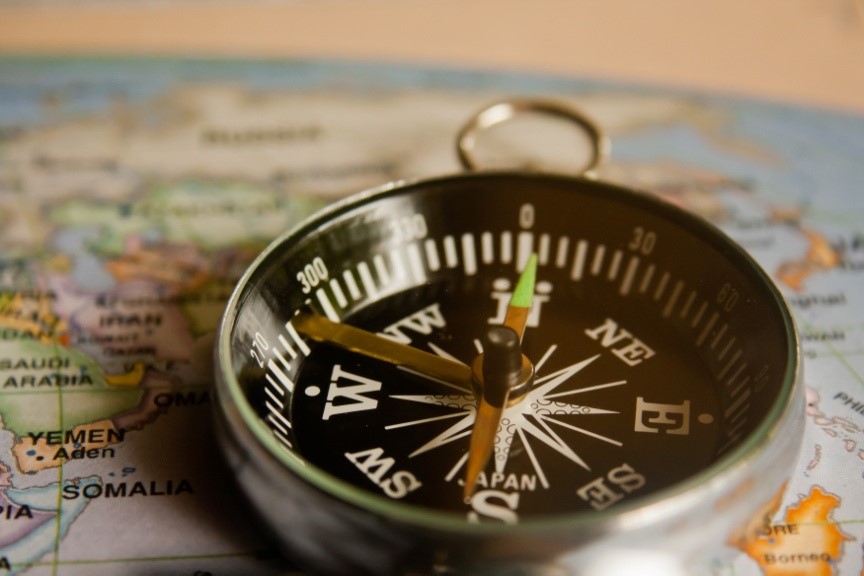
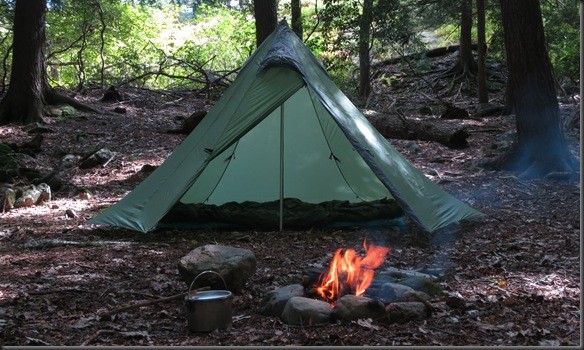
No comments:
Post a Comment